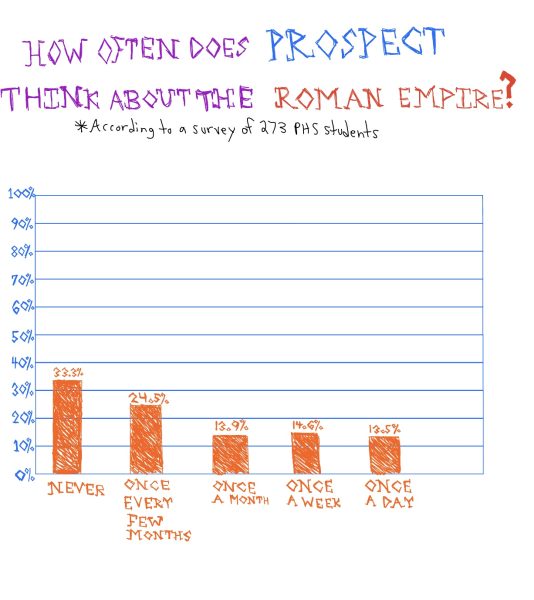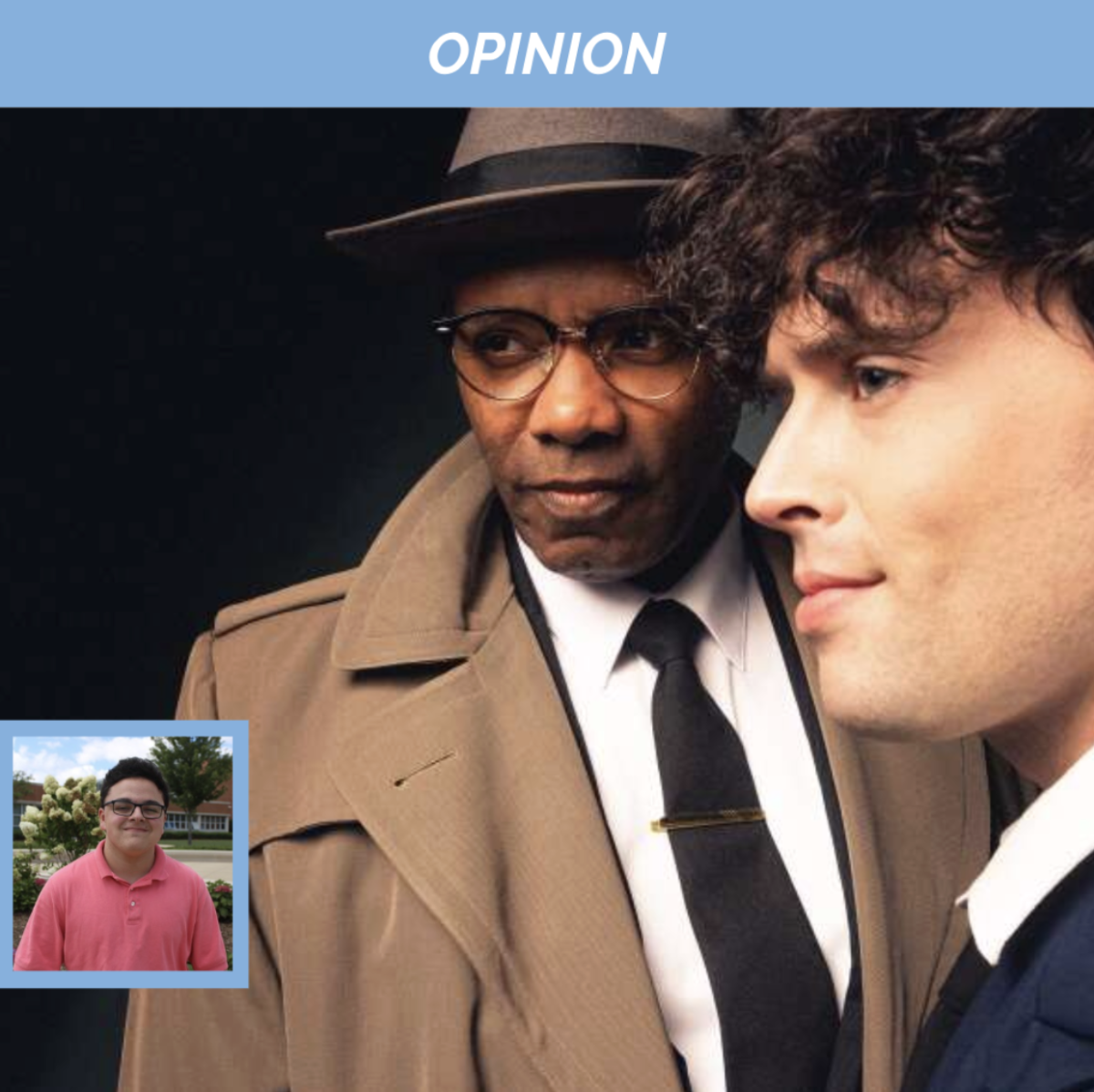All across TikTok, droves of strange, short videos have populated under the hashtag #romanempire. They feature women asking their husbands, boyfriends and other men in their lives how often they think about the Roman Empire.
According to the Washington Post, the trend was started by Artur Hulu, an ancient Roman historical reenactor with over 50,000 TikTok followers, who posts comedic skits of himself as a gladiator and Roman legionnaire on TikTok and Instagram.
The Roman Empire social media craze began when Hulu, who is known as Gaius Flavus online, wrote this on his Instagram account on August 19: “Ladies, many of you do not realize how often men think about the Roman Empire…you will be surprised by their answers!” That same day, he posted the question, “How often do you think about Ancient Rome?”
In the weeks following Hulu’s post, Roman Empire-related TikTok videos boomed in popularity. According to Forbes, these videos amassed 1.1 billion views by Sept. 18, not even a month later.
Many Prospect students, as well as AP World History teacher Jon Kaminsky, have seen the videos on their own TikTok pages. Kaminsky discussed the trend in his AP European History class while the class was studying the Byzantine empire, which was the eastern Roman Empire after western Rome fell.
Although Ancient Rome is not part of Kaminsky’s European History class curriculum, Kaminsky recently talked to a few students in this class about their “female equivalents” of the Roman Empire. The female equivalents represented the historical events that the females in Kaminsky’s class think about fairly often.
Kaminsky’s students’ responses were the Romanoffs, the wives of Henry VIII, the Titanic, Greek mythology, and the Salem Witch Trials. Kaminsky believes these answers were most popular because they appear in modern pop culture, such as in the Titanic movie and the broadway musical Six. Additionally, Kaminsky’s AP Euro class came to the consensus that the historical topic that people of all ages think about the most is ancient Egypt because most people are either taught about it in school or see it portrayed in movies and TV shows.
Despite his class’s thoughtful answers, Kaminsky believes most people who are aware of the trend don’t give sincere answers and mostly try to be humorous with their responses.
“That’s the part with any viral trend,” Kaminsky said. “Once people are aware of the trend, you’re no longer going to get accurate answers or anything like that…I think at the beginning they were being honest, but after anything becomes a trend, it can no longer be taken at face value because now, the viability or the meme-ability is a thing.”
However, Kaminsky videotaped one of his friends, who was completely unaware of the trend, and asked him how often he thinks about the Roman Empire. His friend said once or twice a week.

Since he is a history teacher, Kaminsky says the Roman Empire comes to his mind almost every day. However, he is confused as to why the trend was directed towards males.
“I have no idea why or if gender does play a role,” Kaminsky said. “I cannot speak as to why that would be a thing for people.”
Kaminsky believes the trend has little to no historical relevance and is more of a meme than anything else. He has also seen it fade away in the later weeks of September as opposed to how popular it was at the end of August.
“Any social media over the last five to 10 years … it’s harder for anything to have staying power, but it blows up faster, so the reach is extremely fast and all-encompassing for a couple days and then goes away,” Kaminsky said. “It already feels like it was a while ago. Because of how quick the trend goes, there were people who were very obsessed with it and then there were people who never even knew it was a trend … if you bring it up now, they would be like ‘what are we talking about here’ because it was something big…weeks ago.”
Additionally, Kaminsky thinks the trend’s driving question does not necessarily reveal much about the person it is being asked to. He believes that the popularity of the trend comes from the surprise people experience when others’ answers to the question differ greatly from their expectations.
“I think anytime people are surprised by an answer, they want to confirm that, and I think that confirmation kind of goes into its own crazy place,” Kaminsky said.














































































